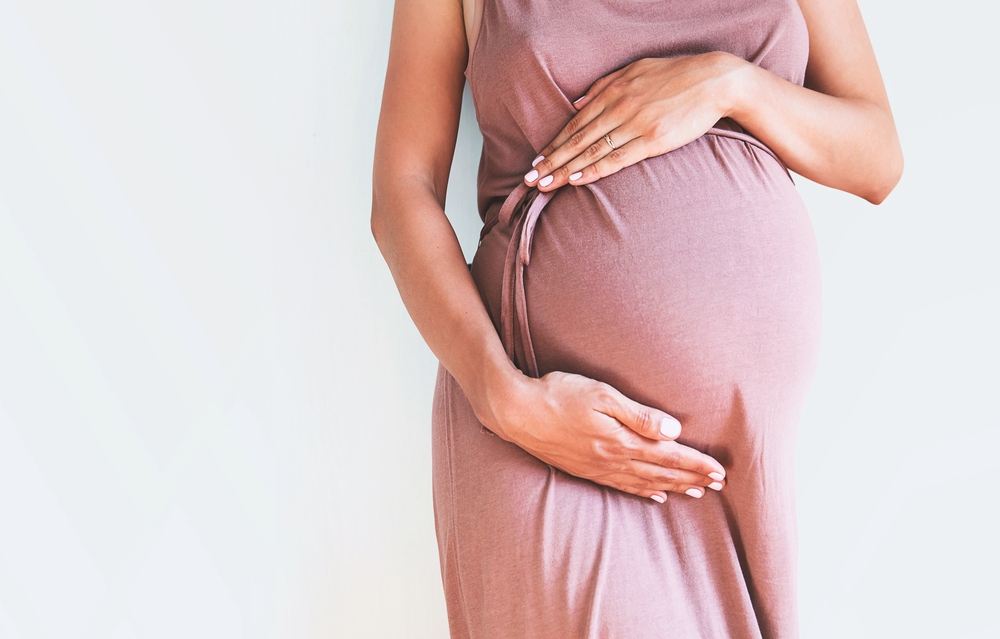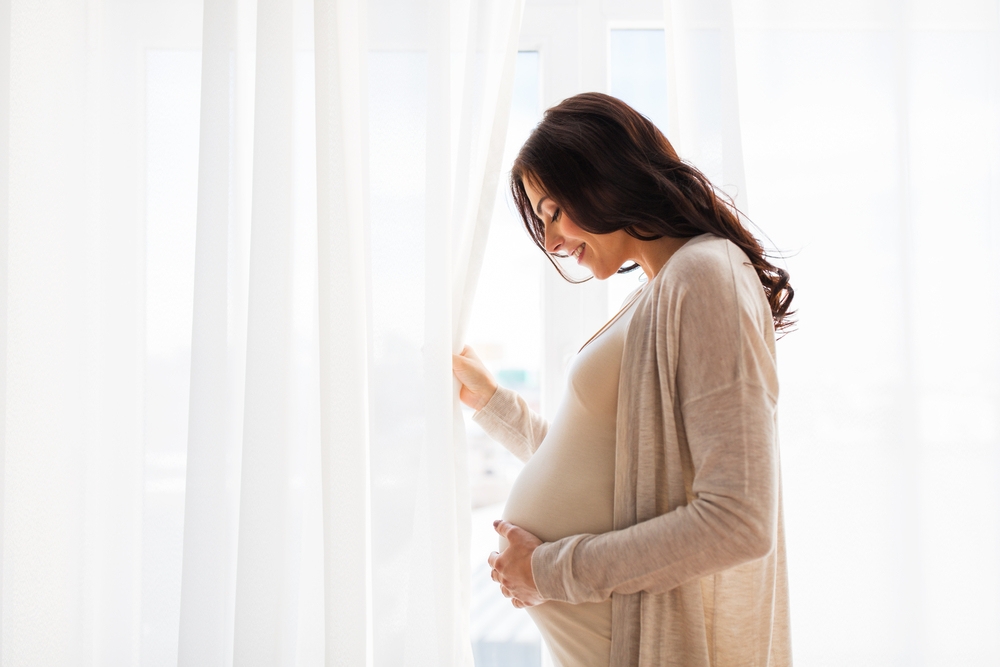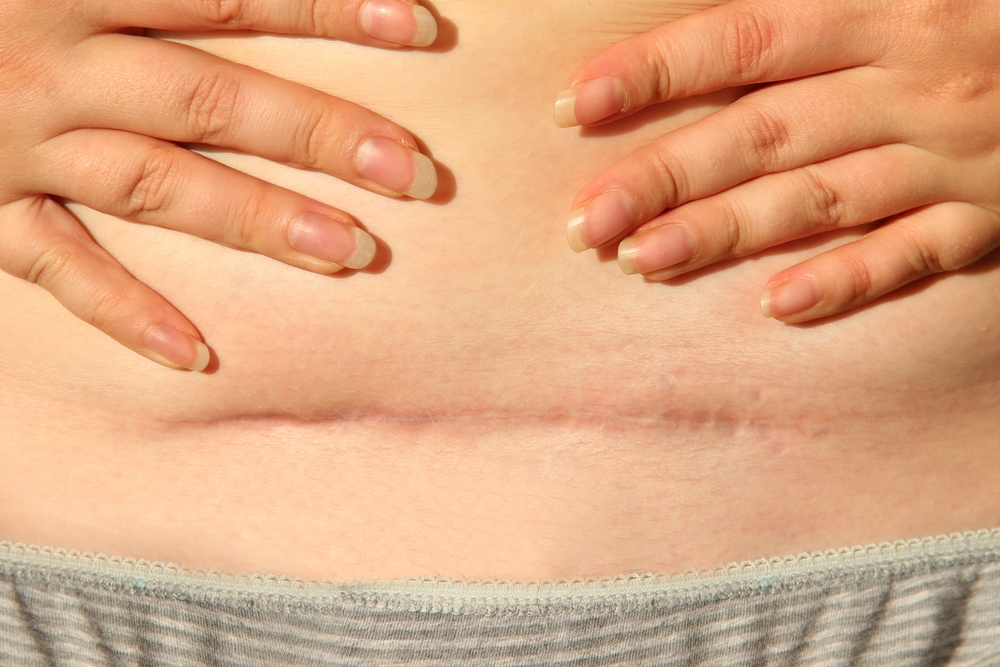
I often hear new mothers complain like this:
[After giving birth to a child, I always feel loose below. If I had known so, I might as well have split it! ]
Pregnant women often come to consult:
[Doctor, natural childbirth will relax the vagina, right? Can I make an appointment for cesarean section in advance? ]
Is it true that caesarean section will not cause vaginal relaxation?
Where there is [life] there is [pine]
Postpartum vaginal relaxation is not just caused by the fetus passing through the birth canal, squeezing and expanding. Putting all the responsibility on the baby, the baby is also very depressed.
During pregnancy, especially in the third trimester of pregnancy, the increase of progesterone widens the gap between pelvis, relaxes ligaments and expands the birth canal, thus preparing for delivery-opening the way! Eva is ready to come out!

Moreover, with the continuous growth of the fetus, the weight of the uterus and placenta increases continuously, causing a long-term compression on the muscles of the female basin, reducing the muscle tension of the pelvic floor and deforming the muscle fibers, thus causing certain damage.
Therefore, the root cause of postpartum vaginal relaxation lies in poor recovery of pelvic floor muscles. No matter what kind of delivery method, it is inevitable.
In order to avoid [looseness] and choose to take the initiative to ask for a knife, you will cry when you know the truth.
Can [Shun] or [Shun]
Caesarean section does not avoid vaginal relaxation, and as an operation, it is accompanied by anesthesia risks, intraoperative and postoperative hemorrhage, postoperative infection and adjacent organ injury risks.
As a natural delivery method, natural delivery can not only exercise the baby’s lung function during the extrusion of the birth canal and give free massage to nerve endings, but also obtain a special immune antibody, which is not available for caesarean section.
Moreover, natural childbirth will not bring you a long scar, which will keep you away from bikinis.

Complications after natural childbirth are relatively few, and not only can parturients eat immediately, but also breast-feeding can be started as soon as possible.
Fasting and incision pain after caesarean section are too hungry to turn over and feed the baby. It is not alone who suffers.
Therefore, as long as there is no clear indication for caesarean section, don’t choose caesarean section for [tightness].
Why [tight] when [loose]
Look at the advertisement put out by the beauty salon and health care hall on the street: [Pure traditional Chinese medicine shrinks yin, safe and without side effects! Let his beloved surprise can’t stop ~]
This kind of exaggerated propaganda has led many women to regard vaginal relaxation as a scourge and pay for it.
In fact, most of the time we don’t need to do these so-called [tightening] and [maintenance], and they are also deceiving, after all, our bodies will slowly recover on their own.
Postpartum vaginal relaxation will gradually recover in three to six months after delivery. After recovery, a large part of the vagina still has normal folds, and the elasticity is only slightly reduced, which basically will not affect the sexual life.
If the postpartum recovery is really serious, vaginal wall bulge, organ prolapse, and even incontinence occur, affecting the quality of life, then you can choose to accept [gentle knife]-surgery. Correct by perineal tightening or suspension.
If the degree is relatively slight and there is no other discomfort accompanied, but you just want to recover faster and better, what you should do is:
Keep practicing Kegel!
Kegel exercise can be said to be the most common and effective method for pelvic floor muscle contraction exercise at present.
